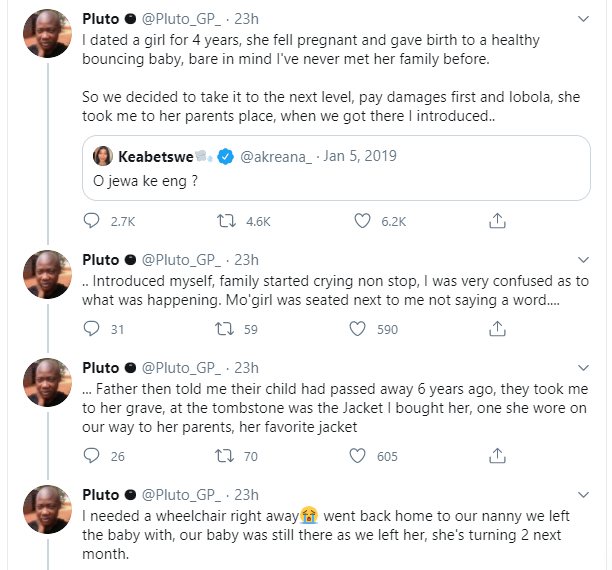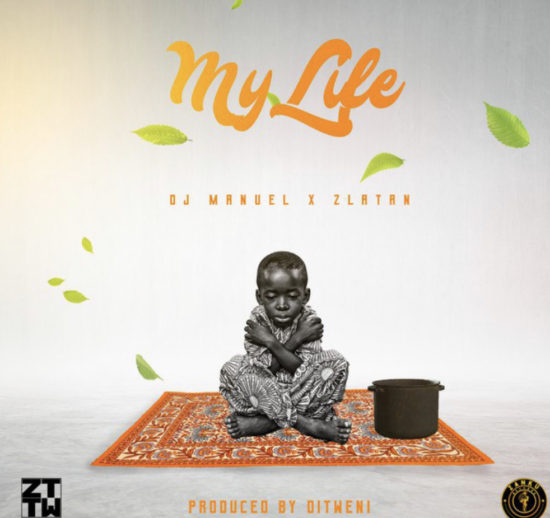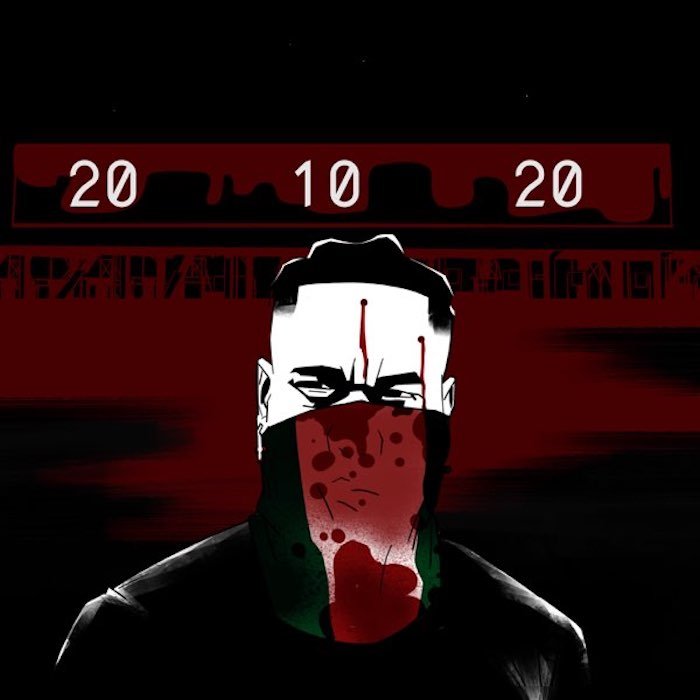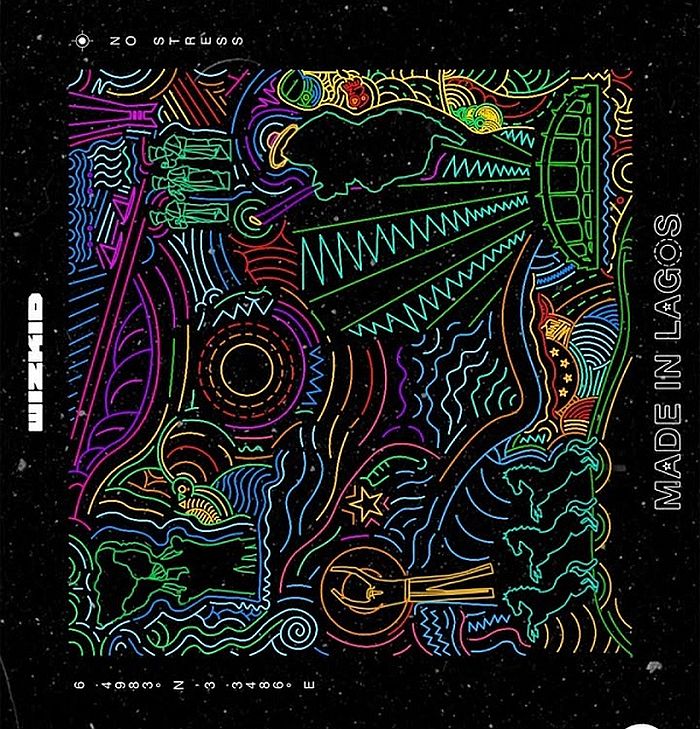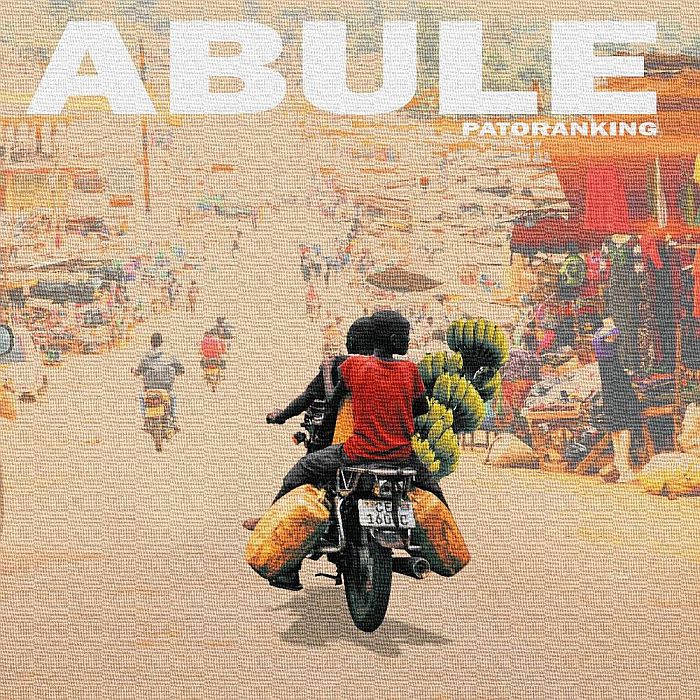Nigeria Is The Last African Country To Be Free Of Wild Polio – WHO Declares
Posted by E.L.E.X on August 25 2020 under Motivational
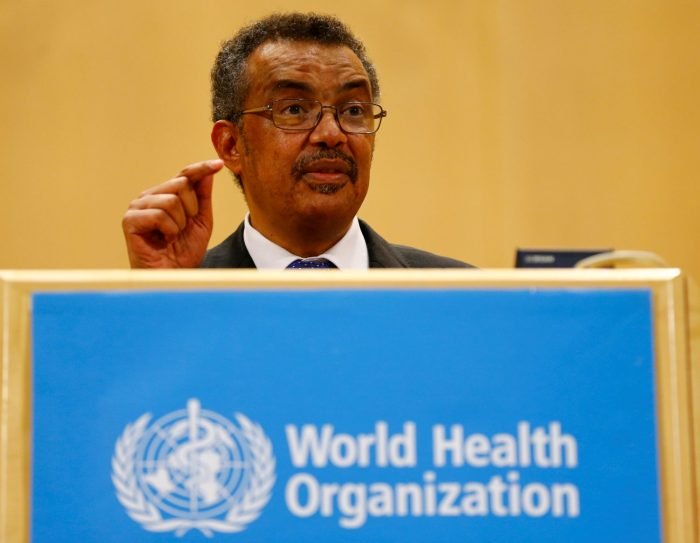

The World Health Organisation says Nigeria was the last African country to be rid of the wild polio virus.
This was made known by the WHO Director-General, Dr. Tedros Adhanom Ghebreyesus, in an emailed opinion he co-authored with the Rotary International President, Holger Knaack, on Tuesday.
It was titled ‘Creating a great polio legacy in the African region.’
The organisation explained that having no wild polio case since 2016 in the African region “is one of the greatest achievements in public health history.”
It added that delivering polio vaccines to every child in the African region and wiping out the wild virus “is no small feat and the human resources, skills and experience gained in the process leaves behind a legacy in how to tackle diseases and reach the poorest and most marginalised communities with lifesaving services.
“As recently as 2012 half of all globally recorded cases of wild poliovirus were in Nigeria – the final country in the region to rid the virus from its borders. However, as with the COVID-19 pandemic, the lesson is that it’s never too late to turn a disease outbreak around. Through hard work, new innovations and ensuring that no child was missed, Nigeria and the entire African region have now defeated polio.
“Across the region, health workers go village-to-village and door-to-door vaccinating children multiple times and offering health advice and support to the community.
“It’s a remarkable effort started by Rotary International, which in the 1980s – when there were hundreds of thousands of cases every year – made a global call for eradication.”
Poliomyelitis, or “wild polio” is an acutely infectious and contagious disease that attacks the spinal cord and causes irreversible paralysis in children.
As late as 1996, WHO said there were more than 70,000 cases in Africa alone.
Nigeria, a country with over 200 million population, had been among the trouble-spots in the early 2000s.
In the northern areas, vaccination campaigns were stopped in 2003 and 2004 due to extremist belief that it was a vast conspiracy to sterilise young Muslims.
Also, the emergence of Boko Haram in 2009 caused another rupture in the programme. In 2016, four new cases were discovered in Borno State, the heart of the conflict.
But WHO said its partners and officials sought to intercept people coming in and out along market and transport routes in a bid to spread medical information and recruit “health informants” who could tell them about any polio cases.
Tweet
YOU MAY ALSO LIKE
Comments
Add Comment
All fields are required!




